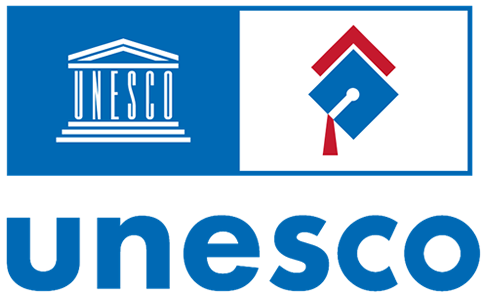Benefits, drawbacks, and challenges of COIL courses: the experiences of academics
Abstract
One of the most implemented strategies for the internationalization of the curriculum among Mexican institutions since COVID-19 is COIL (Collaborative Online International Learning), which is based on academic collaboration, mediated by technology, between two university professors and their students. This article presents the results of a qualitative study based on semi-structured interviews carried out among academics from Veracruzana University (Mexico) who have implemented a COIL component in their courses. For the analysis, a brief conceptual framework on the internationalization of higher education, its strategies and benefits is presented first; secondly, the relationship between information and communication technologies (ICT) and internationalization strategies at home and in the curriculum is analyzed; thirdly, an explanation of the COIL methodology and its evolution at the Universidad Veracruzana is presented; and finally the article presents the results of the study grouped into three categories: the experiences of the academics on the implementation of the COIL component, and the technological and intercultural skills that, from the academics’ perspective, students who participate in the COIL course develop. The results confirm that COIL courses contribute to the development of technological skills and relevant intercultural competencies in students. The successful implementation of a COIL course requires three key elements: training and institutional incentives for teachers; the use of ICT; and language proficiency among students and academics.
Copyright (c) 2022 Argelia Ramírez Ramírez, Magdalena L. Bustos-Aguirre

This work is licensed under a Creative Commons Attribution-NonCommercial 4.0 International License.
Copyright notice
Copyright allows the protection of original material, and curbs the use of others' work without permission. UNESCO IESALC adheres to Creative Commons licenses in the open access publication of ESS. Specifically, texts published in this journal are subject to a Creative Commons Attribution-NonCommercial 4.0 International (CC BY-NC 4.0) license: ESS is an open access journal, which means that all content is freely available to the user or their institution. Users may read, download, copy, distribute, print, search or link to the full text of the articles, or use them for any other lawful purpose, without asking prior permission from the publisher or the author, always making sure to cite the author. Commercial use is not permitted. ESS requires authors to accept the Copyright Notice as part of the submission process. Authors retain all rights.
The full license can be found at https://creativecommons.org/licenses/by-nc/4.0/
 Attribution - NonCommercial (CC BY-NC 4.0)
Attribution - NonCommercial (CC BY-NC 4.0)
This journal does not charge authors for the submission or processing of articles. The authors of the contributions will receive acknowledgment of receipt that the work has reached the Editorial Team of the Journal.




.png)
